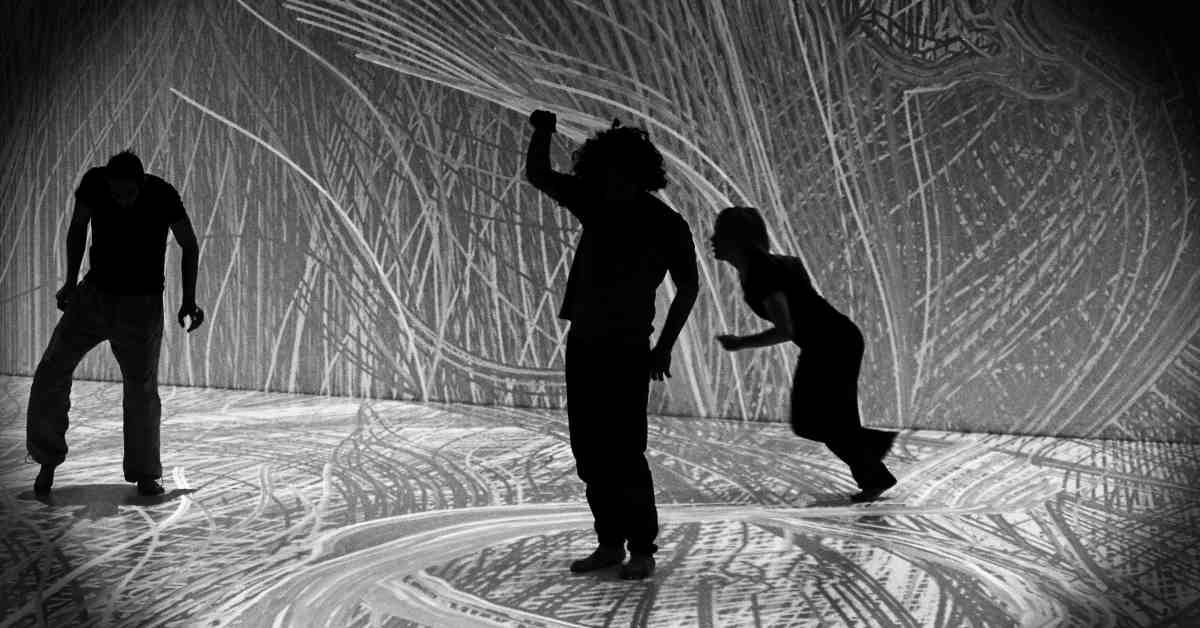My granddaughter, Annie, was born at 26 weeks, weighed one and a half pounds, and had sepsis.
The best Doctors in the world took a wild (but educated) guess on a broad spectrum antibiotic that might cure the infections, the best nurses in the world gave her 24/7 loving care to keep alive any speck of life they could find, and her family held her in their hearts constantly. Annie fought for her life and won. She was the bravest of warriors. Now, she is a healthy, vibrant, loving nine year old. Miracles can happen. There is still hope.
Our nation is now suffering from organizational sepsis.
America was born with little chance of survival. Its well entrenched international competitors were far more established than she was. At its founding, she was small and vulnerable. And she suffered from more aggressive racism and righteous fury than most of the world’s more developed countries. In spite of the odds stacked against her, America survived her rocky beginning—albeit on the backs of genocide and slavery—and grew rapidly. But she is in desperate trouble now.
I’m afraid we need a bit of a miracle and a lot of hard work, loving care, and world class expertise to heal her.
Unlike Annie’s good fortune, our doctors have been sidelined. Our nurses are exhausted.
We no longer have the safety that a NICU provided for Annie—our oceans can’t protect us from the world wide web and trolling technologies. We are exposed, and we are suffering from an organizational sepsis that could be deadly.
Sepsis is a potentially life-threatening condition caused by the body’s response to an infection. The body normally releases chemicals into the bloodstream to fight an infection. Sepsis occurs when the body’s response to these chemicals is out of balance, triggering changes that can damage multiple organ systems or result in death.
Here is a partial list of the infections we are suffering from now. Some are more dangerous and deadlier than others:
-
Nationalism
-
Nativism
-
Anachronism – a return to white, male, straight, Christian supremacy
-
Individualism
-
Materialism
-
Egoism
-
Elitism
-
Denialism
-
Solipsism
-
Extremism
-
Cultism
-
Racism
-
Sexism
-
Cynicism
-
Isolationism
-
Tribalism
-
Terrorism
-
Narcissism
-
Trumpism
-
Fascism
-
Religious Fanaticism
-
Opportunism
-
Pessimism
What are the sources of those infections?
-
From a Buddhist perspective: Excessive desire, greed, and attachment
-
From a Steiner perspective: Forces of darkness, e.g. the numbing and dumbing effects of technology (Voldemort’s army of dementors and death eaters is growing)
-
From a Gurdjieff perspective: Excessive identification, imagination, and negative emotions
-
From a Sociology perspective: Loss of status, power, and opportunities
For me, the Buddhist, Steiner, and Gurdjieff perspectives cut to the heart of the matter. The sociological perspectives are absolutely real AND are compounded by the first three sets.
What are the current responses to the infections?
-
Hate
-
Fear
-
Anger
-
Depression
-
Moral Righteousness
-
Alienation
All of these responses could be directed at any one of the infections for different reasons in all “tribal” groups. Personally, I hate cultism, I fear cynicism and tribalism, I’m angry about racism and opportunism, I’m depressed by cynicism, I fight my own tendencies for moral righteousness, and I feel alienated toward many people who were once close to me. The individual responses within my own family to each of the infections differ dramatically, and I’m sure that’s true for most of us. Unfortunately, all of these responses serve as “chemicals” released into our organizational “blood stream” which actually fuel the infections. At some point, these “chemicals” of hate, fear, anger, depression, righteousness, and alienation could cause septic shock which, in our case, could be the death of democracy.
What are the required responses (What broad spectrum antibiotic will cure the infection)?
Oh, where are Annie’s doctors now? What broad spectrum of solutions might we entertain to rid our organizational bodies of these infectious diseases? Clearly, COVID is not the only infection to which we need to attend more fully. I believe initial inoculations might include:
-
Building Trust
-
Seeking Truth
-
Tailoring Training
Building Trust comes from developing “CRED” with constituents: Credibility, Reliability, Empathy, Decency. Credibility means meeting commitments on time. The people who are credible with me can back up their opinions with solid evidence. If they say something, I can bank on it being true. Their words are backed with a depth and breadth of information. Reliability means doing what you say you are going to do. Reliable people act in ways that are consistent with their promises and values. Empathy means the ability to demonstrate understanding of how people are thinking and feeling. Empathic people form intimate connections with others and are appropriately transparent. Decency means showing compassion to others. Decent people put the interests of others above themselves. They are collaborative and interdependent. We can build trust through all four of these factors.
Seeking truth means vigorously looking for facts and evidence from multiple sources. It requires discipline, rigor, and analysis. Truth seeking people make evidence based decision based on deep inquiry. It is the opposite of solipsism which simply means looking for stories to support your beliefs independent of facts. Seeking truth often means suspending judgment on opinions and beliefs we may hold in order to get to a more substantive and accurate view of situations. We can seek truth by looking beneath the surface.
Tailoring training means creating an educational system that equips people with the skills and support they need to survive and grow in these rapidly changing conditions. Organizations at all levels need to re-think how we are educating people to meet the needs of the future. Clearly, each person has a unique set of physical, emotional, intellectual, spiritual gifts and challenges. Our K-12 schools, colleges and universities, vocational schools, and various human capital development organizations need to improve their respective abilities to deliver the right education, in the right way, at the right time based upon individual capabilities and organizational requirements. We can tailor training by taking into account individual interests and organizational needs. Also, given the nature of the infections from which we are suffering, it would be helpful to train people in critical and scientific thinking as opposed to blind acceptance of conspiracy theories.
I’m not sure if these three solutions constitute a broad enough spectrum to reduce infections and heal the country, but I think they might be a good start. I’m also not sure if they are sufficient to get us out of our downward spiral and into healthier thinking, relating and planning. Hopefully, they will reverse the slippery slope on which we are descending so that we can start the long path up and out of this sickness. What I do know is that we need to shift from fierce independence to radical interdependence, from privileged exclusivity to powerful inclusivity, and from hate-filled polarization to whole-hearted connectedness. And we need to evolve our consciousness and expand our spiritual energy.
To me, Annie represents our hope for healing. She not only fought hard to survive and grow, she was also the lucky beneficiary of deep experience and incredible expertise.
Perhaps more importantly, she had people in her life who fought for her, loved and cared for her, brought her joy, and provided her every opportunity to dance in her own special way. I wish, as a country and as members of organizations, we could provide our fellow human beings with the same kind of experiences Annie has had without needing to spend 105 days in the NICU. But the truth is that our country is in critical care right now and desperately needs a broad spectrum antibiotic to cure her sepsis. I hope we find one soon. Miracles can happen. There is still hope.
May it be so.
Also published on Medium.



Well done Ricky-thank you!
Another gem Rick!
Humility and the ability or courage to be able to lose face might help. We think we know. Perhaps we don’t.
Thanks Jacquie. Yes, humility and courage are critical antidotes to organizational sepsis. I love the saying, “Don’t always believe what you think.” To me, that’s good way to counter our tendency to think we know something to be true.